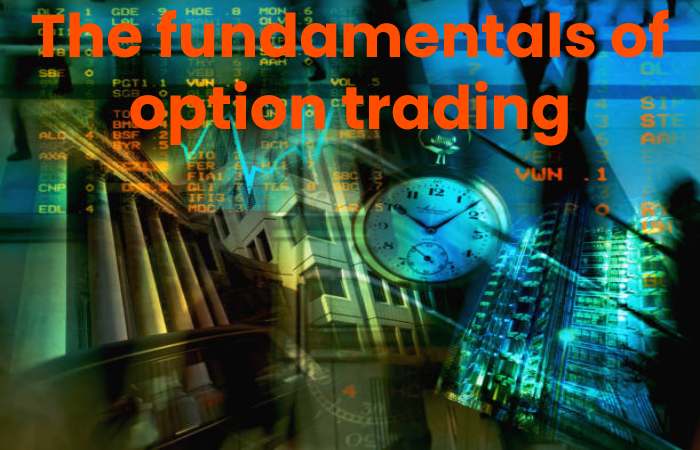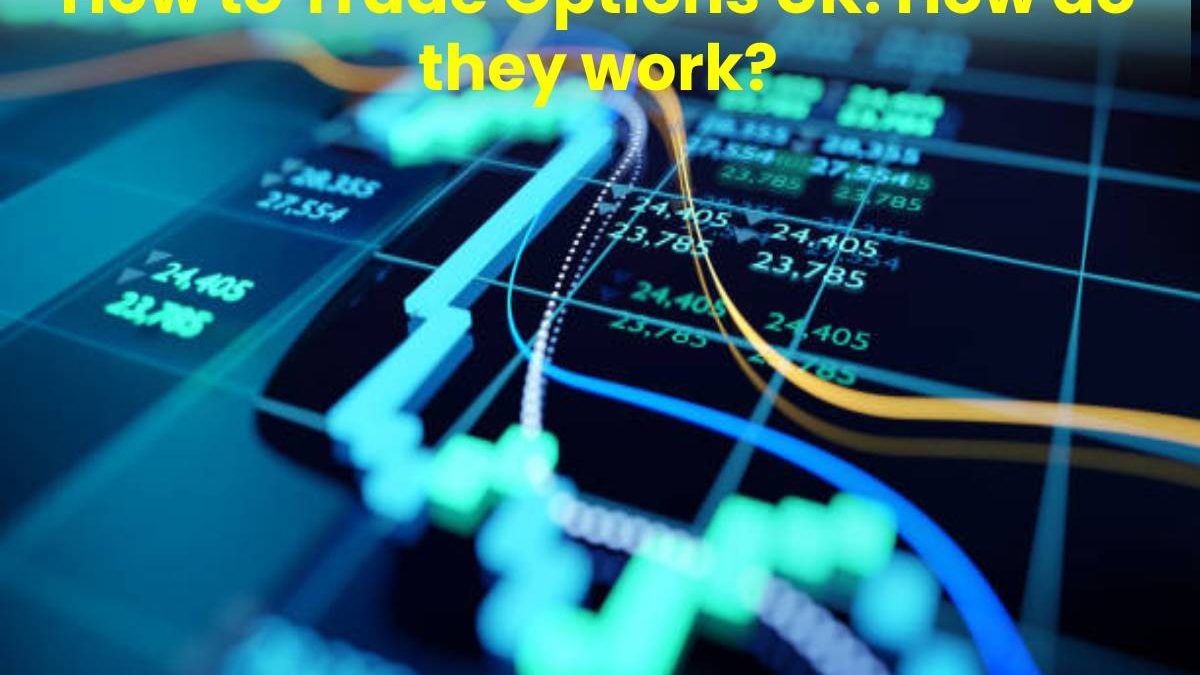Table of Contents
What are trade options, and how they Work?
Trade Options of UK, you can learn about the fundamentals of trading options, like what option you can find, which markets can trade, what makes options prizes, and how to start the option trading in UK. when you want to change option with us you can choose from many of the expires and trade on many markets.
What is Options Trading?
The work of buying and selling the options is called option trading. The option contracts provide the holder their rights and do not obligate, so you can buy or sell an asset at the average price if it gets high in price in a given period.
If you assume that the cost of US crude oil will rise from $50 to $70 for an individual barrel in weeks, you then decide to purchase a call option that convinces you to buy at the market price of $55 any time within a month. The premium is the cost of option purchasing.
If the cost of US crude oil rises above $55 before the expiration of the option, you can purchase it in the market at a low price. in case if it remains below $55, then you do not need to complete it and can let it expire. In this, there will be no loss of yours but just the premium you paid to open your position.
When you trade with an option in the UK with us, you can see changes in the premium option, which will happen because of changes in livelihood based on the profit or loss expiry. There are many products for which you need to pay the price for opening the position, called premium. So, in the end, you need to work with a strategy for trading options, which is the most important. Profits and losses, on the other hand, are calculated using not your premium size, but full position size
The fundamentals of option trading

Consider the following key types, features, and applications of options:
- Optional calls
- Put alternatives
- Leverage\sHedging
- What exactly are the call options?
When you purchase the call option, it will provide you the right but not an obligation when you buy something from an underlying market with a predetermined price called a strike, which will be on or before a predetermined date, so the higher the price in the market, the more profit you gain.
Some of the Options, like CFDs and spread bets, will remain leveraged products which allow you to speculate on market price without owning the underlying asset. It means that profits – and losses if you’re selling options – can be magnified.
When you buy call options as spread bets or CFDs with us, you will never risk more than your initial payment, just like when trading an option. Still, when you sell call or put options, your risk is potentially unlimited (although your account balance will never fall below zero). Your Positions will permanently stand settled in cash at expiry. You’ll never have to deliver or accept the underlying.
What exactly are put options?
When you purchase a put option, you gain the right, but not the obligation, to sell a market at the strike price on or before a specified date—the more significant the drop in market value, the greater your profit.
Put options can also remain sold. So if the buyer put an expiry to there option you will obligate to buy the market at strike price as seller put an end to the option.
while you trade directly, UK options traders will trade it with the bets and CFDs. Because spread bets and CFDs remain cash-settled at the close, you will never have to deliver or accept the underlying. However, both of these are leveraged trading options. It means you’ll pay a smaller deposit (known as margin) to open your trade, but your profits and losses will remain calculated on the total position size. As a result, you may lose (or gain) significantly more than your initial deposit. When you buy call options with us as spread bets or CFDs, your risk stays always limited to the margin you paid to open the position. However, when selling call options, your risk is potentially higher
How to Trade Options in the United Kingdom
- The terminology used in option trading
- What influences option prices?
- Understand the dangers.
- Trading strategies for options
- Trading markets
- Understand options trading jargon.
When discussing options, traders use specific terminology. Here’s a glossary of some key terms:
Holders and writers:
The buyer of an option remains referred to as a holder, while the seller remains referred to as a writer. A call gives the holder the right to purchase the underlying market from the writer. The holder of a put has the right to sell the underlying need to the writer.
The premium remains the fee paid to the writer by the option holder. When you bet on spreads or trade CFDs on options with us. You’ll pay a margin that works similarly to the premium.
the strike price is nothing but the one price in which the holder will buy or sell options in the available market at the option of expiration.
Expiration Date/Expiry:
The Date the Options Contract Expires.
Once the underlying market’s price is above the strike or below the strike (for a put). The option stands said to be ‘in the money’. So this means the holder can be able to trade at a good price then the present market price if they exercised the option. Therefore, exercising choice out of the Money at expiry will result in a loss.
When it comes to Money:
When the underlying market price equals or approaches the strike price, the option remains said to remain at the Money.’
It’s the underlying market price equals the strike plus premium (for a call) or strike minus premium (for a put). Your trade has reached its ‘break-even point.’ It means it is neither profitable nor losing Money.
Also read: What is Everest-Tech.com?

